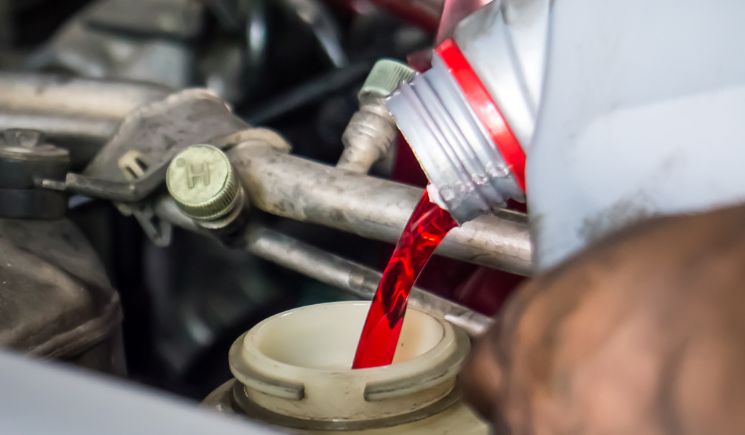Gear Shifter Making Clicking Noise: Troubleshooting Guide Along With The Causes

A clicking or ratcheting noise when shifting gears in your vehicle can be annoying and on the other hand. It could be a sign of problems with your transmission. Understanding what’s causing the noise and how to fix it is crucial to maintain smooth shifting and avoid transmission damage.
In this guide, we’ll discuss the potential causes of a clicking gear shifter and provide troubleshooting tips to quiet the noise. With some basic mechanical skills and the troubleshooting information in this guide, you’ll be able to track down and resolve a clicking gear shifter.
Quieting this annoying noise will definitely make driving conditions more enjoyable while also it may extend the life of your transmission.
Table of Contents
Potential Causes Of A Gear Shifter That Makes Clicking Noises
Worn shifter cables
- Over time, the cable housing or cables themselves can become frayed or corroded by causing a friction and a clicking noise when moving the shifter.
Low or dirty transmission fluid
- The insufficient fluid level in a manual transmission can allow gears or synchronizers to rub together when shifting by making a clicking noise.
Damaged transmission synchronizers
- The synchronizers match speeds when shifting gears.
- Broken synchronizer springs or excessive wear will prevent smooth engagement by causing a clicking sound.
Worn shift linkage
- The pivots and lever arms of the mechanical shifter linkage can wear over time.
- This allows excessive play or looseness when moving the shifter by leading to a clicking noise from the linkage components.
Adjustment errors in shifter cables
- Improperly adjusted cables will prevent the full engagement of gear by allowing transmission components to rub or click.
Damaged or worn shifter mechanism
- Internal parts of the shifter assembly itself, like shift forks, levers, springs and detents, can wear, fail or bind up by causing a clicking or a popping noise when shifting.
Transmission gear damage
- Excessively worn, chipped or broken teeth on transmission gears can allow improper meshing by causing a clicking noise when engaging.
Troubleshooting Tips For A Gear Shifter That Makes Clicking Noises
- Start by scrutinizing the shifter cables along the entire length for any signs of damage. Look for fraying, kinking, corrosion, or broken strands, which indicate the cables that may need any replacements.
- Adjust the tension of the shifter cables by following the specifications in your vehicle repair manual.
- If the clicking noise still occurs even when the engine is off, disassemble the shifter assembly according to the instructions in your manual and thoroughly clean and inspect all internal parts.
- Look for any contaminants, lack of lubrication, worn, loose or damaged components like the detents, rollers, springs, shift forks and levers that could be creating friction or looseness, which may leads to the noise.
- Carefully examine the pivot points on the shift lever itself.
- Road test the vehicle to compare the noise in different gears, in forward versus reverse, and when shifting slowly versus quickly. How the sound changes in other conditions will provide helpful clues to diagnose the root cause.
Frequently Asked Questions About The Gear Shifters Making Clicking Noise
Q: Is it okay to drive with a clicking gear shifter?
A: It’s not recommended to drive with a clicking shifter issue. The noise means some components in your vehicle are worn out or needs some adjustments. Ignoring it risks further damage and costlier repairs. It’s best to diagnose and address the cause as soon as possible.
Q: Is a clicking gear shifter an expensive repair?
A: Clicking shifter repairs can range from simple cable adjustments to several hundred dollars if internal transmission or shifter components needs any replacements. However, diagnosing the cause and addressing it quickly reduces the risk of more significant problems.






